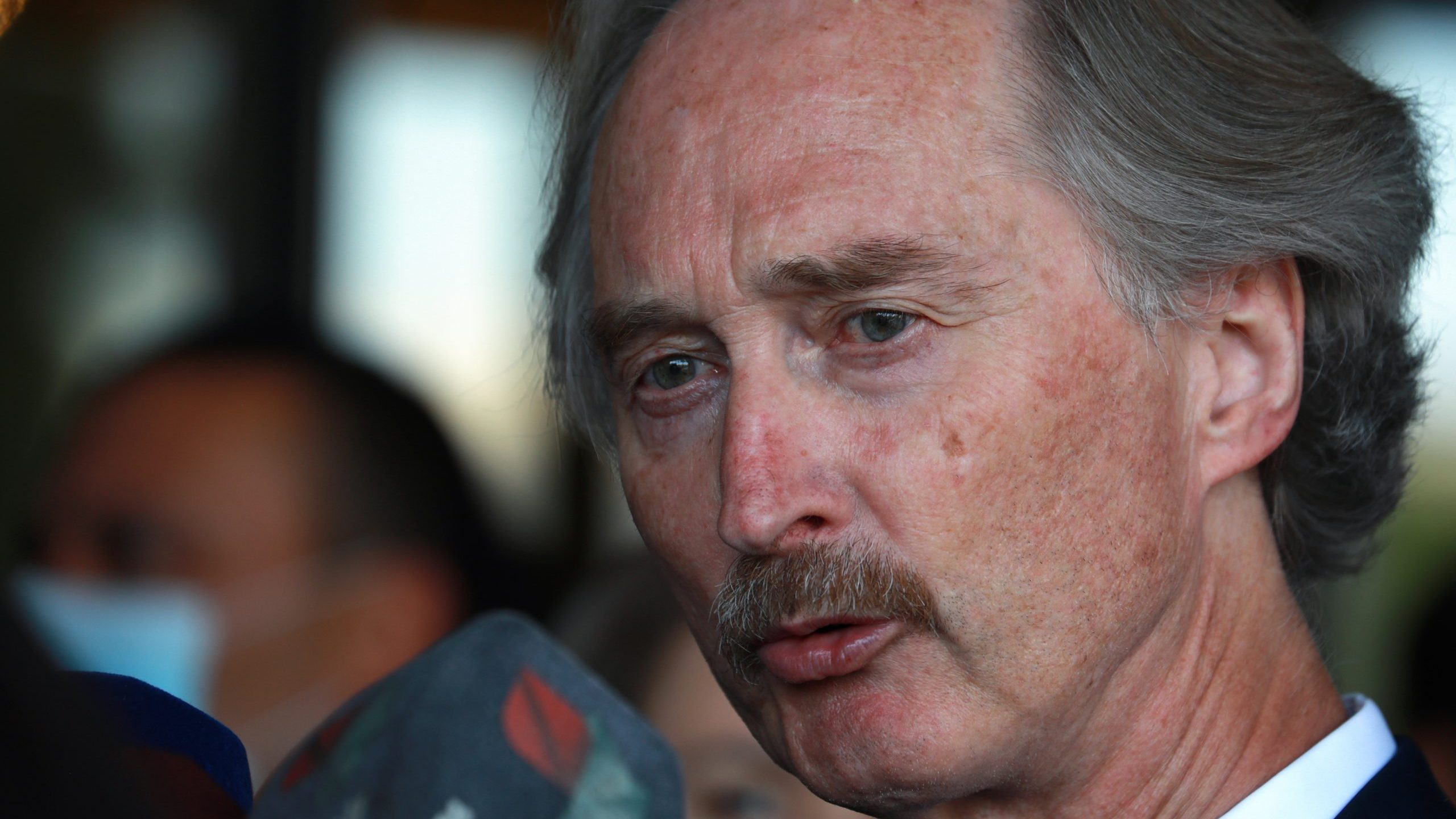The UN Special Envoy for Syria Geir Pedersen told the Security Council yesterday he believed there are possibilities for progress that need to be explored in 2022. Meanwhile, the Under-Secretary-General for Humanitarian Affairs and Emergency Relief Coordinator, Martin Griffiths reaffirmed calls to protect civilians and stressed on the humanitarian relief assistance to northwest Syria. “The status quo has many dangers,” Mr. Pedersen said. “Equally, the realities facing all parties should promote an interest in compromise, and open opportunities for concrete steps forward on the political track,” Pedersen added.
“It would be folly only to manage an unacceptable and deteriorating stalemate,” Pedersen noted.
Strategic stalemate
Pedersen pointed out that “six years on, it remains regrettably a long way from being implemented.”
All parties to the conflict face a strategic stalemate on the ground for 21 months making it clear that no existing actor or group of actors can determine the outcome of the conflict. “the military solution remains an illusion,” he indicated.
The stalemate is represented through the ongoing humanitarian suffering, displacement, economic collapse, the de facto division of the country, and the dangers of renews escalation and the threats of terrorism.
Recently, Pedersen has traveled to Damascus and concluded wide discussions with the Syrian government.
He also met the ministers of foreign affairs of Jordan, Saudi Arabia, the Sultanate of Oman, Egypt, the UAE, and the head of the Lebanese government.
Participating in Nur-Sultan Talks
Pedersen voiced readiness to convene the 7th session of the Constitutional Committee as soon as understandings are in place.
He said his deputy Khawla Matar headed to Kazakhstan’s capital Nur-Sultan city to meet officials of Russia, Turkey, and Iran as well as other participants.
Read Also: From Damascus, Pedersen Talks about “Step-by-step” Policy
“My sense from all these engagements is that there is still great mistrust on all sides. Nevertheless, there is enough interest from all sides to test what could be possible via a wider political process.”
Sustained Relief aids
Griffiths called to protect the civilians and stressed the need for more aids to be delivered with the advent of winter.
He noted the need to achieve a ceasefire across Syria.
Griffiths spoke about new steps taken through which a system was established to deliver cross-line aids to the people in need in northwest Syria in the last six months.
The UN does not concentrate on the Autonomous Administration of North and East Syria (AANES) which calls to reopen a humanitarian corridor to deliver lifesaving aids to millions of the IDPs.
The UN authorization allowing cross-border aid into Syria without the approval of Damascus gains no unanimous consent. Russia, which stresses the sovereignty of Syria, opposed but western countries say to keep this authorization for humanitarian reasons.
The UN cross-border mechanism, established in 2014 through Bab al-Hawa, started in 2020 after Russia vetoed to shut three border crossings on the Syrian border, including Ramtha, on the Jordanian-Syrian border.
The AANES build hopes on the al-Ya’rubiyah (Tel Kocher) crossing, which has been closed in the face of millions of people due to the Russian-Chinese veto in June 2020.
The AANES urges the international community and the United Nation to reopen the crossing and separate the humanitarian conditions from the political interests of some states.
This article was edited by The Syrian Observer. The Syrian Observer has not verified the content of this story. Responsibility for the information and views set out in this article lies entirely with the author.


